Ubba Ragnarsson, a Viking warrior of unyielding ferocity, emerged as a dominant force in 9th-century England.
As the son of the legendary Ragnar Lothbrok, Ubba was groomed for greatness, inheriting his father’s battle-hardened prowess and strategic genius.
At the helm of the Great Heathen Army, he orchestrated brutal campaigns, toppling Anglo-Saxon strongholds and leaving an indelible mark on the region’s history.
Yet, amidst his triumphant conquests, Ubba’s story takes a mystifying turn, shrouded in uncertainty.
What drove this Viking commander to vanish into the shadows, leaving behind a trail of devastation and intrigue?
The Viking Warrior’s Early Life

He was born to Ragnar Lothbrok, the legendary Viking warrior, and an unknown mother, around the early 9th century. Although his mother’s identity remains a mystery, Ubba’s paternity was well-established, and he grew up in the shadow of his father’s greatness.
As a son of Ragnar, Ubba was trained from a young age in the art of warfare, raiding, and pillaging. He was likely raised in Scandinavia, where he’d have been exposed to the Viking way of life, learning the skills and values necessary to become a successful warrior.
Ubba’s upbringing would have included combat training, sailing, and navigation, as well as exposure to the myths and legends of Norse paganism. It’s likely that he also learned about the importance of family and kinship, which played a significant role in Viking society.
As a member of Ragnar’s family, Ubba would have been expected to carry on his father’s legacy, and he’d go on to play a significant role in Viking history. Despite his early life being shrouded in mystery, it’s clear that Ubba was well-prepared for the battles that lay ahead.
Rise of the Great Heathen Army
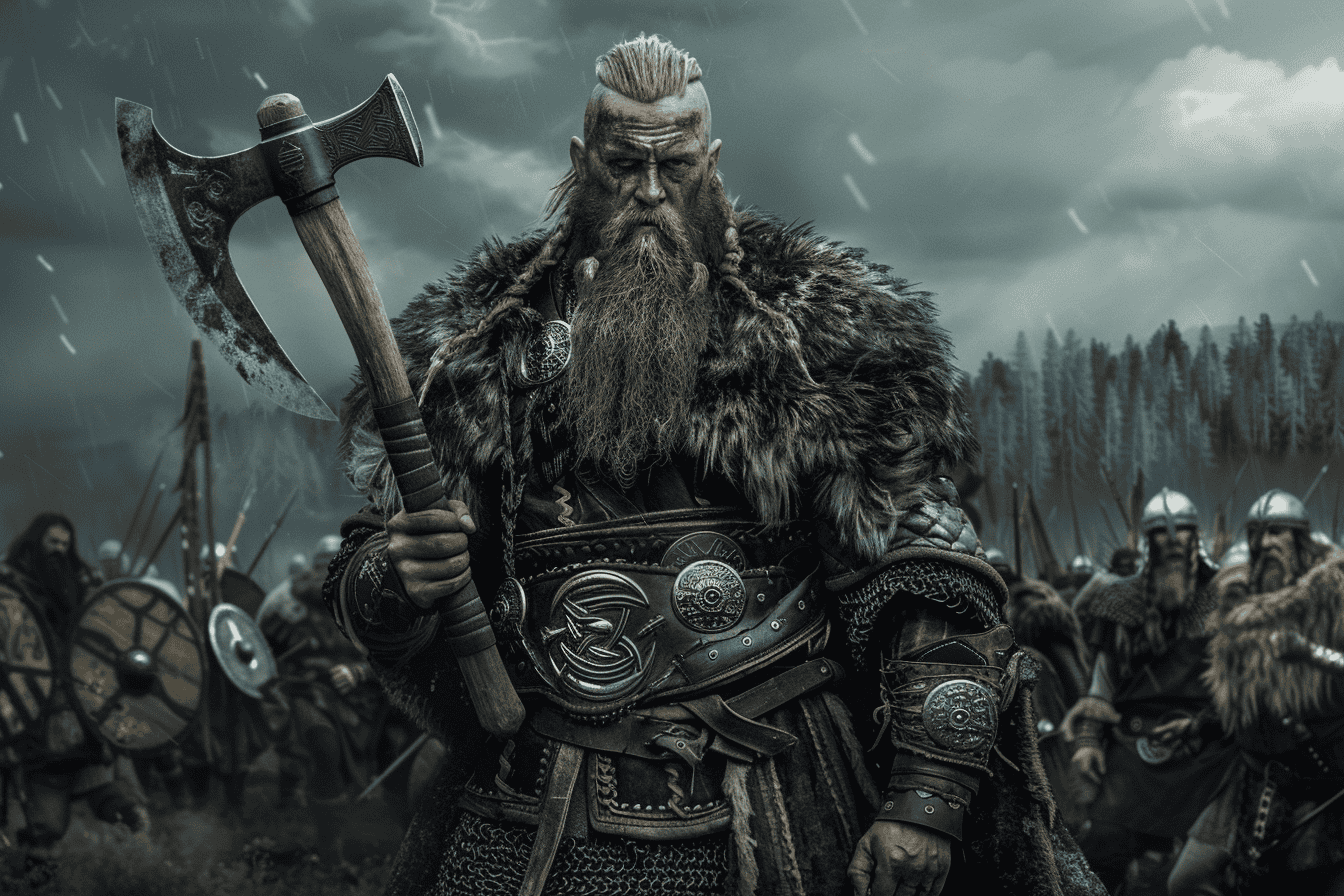
The mid-9th century saw the formation of the Great Heathen Army, a powerful Viking coalition that would wreak havoc on Anglo-Saxon England, with Ubba emerging as one of its key commanders.
This force was comprised of Viking warriors from Denmark, Norway, and Sweden, united under a common goal of conquering and plundering the rich Anglo-Saxon kingdoms.
The Army’s formation was likely a response to the growing wealth and power of the Anglo-Saxons, which made them an attractive target for Viking raiders.
The Great Heathen Army’s rise to power was rapid, with its leaders, including Ubba, leveraging their military prowess and strategic alliances to expand their territories.
The Army’s organization was fluid, with leaders and warriors frequently shifting allegiances and forming new alliances. Despite this, the Army remained a formidable force, driven by a shared desire for wealth and power.
Ubba’s role in the Great Heathen Army’s rise was significant, as he brought his military expertise and battle-hardened warriors to the coalition.
His leadership helped to cement the Army’s position as a dominant force in Anglo-Saxon England, paving the way for their future conquests.
Conquests and Battles in England
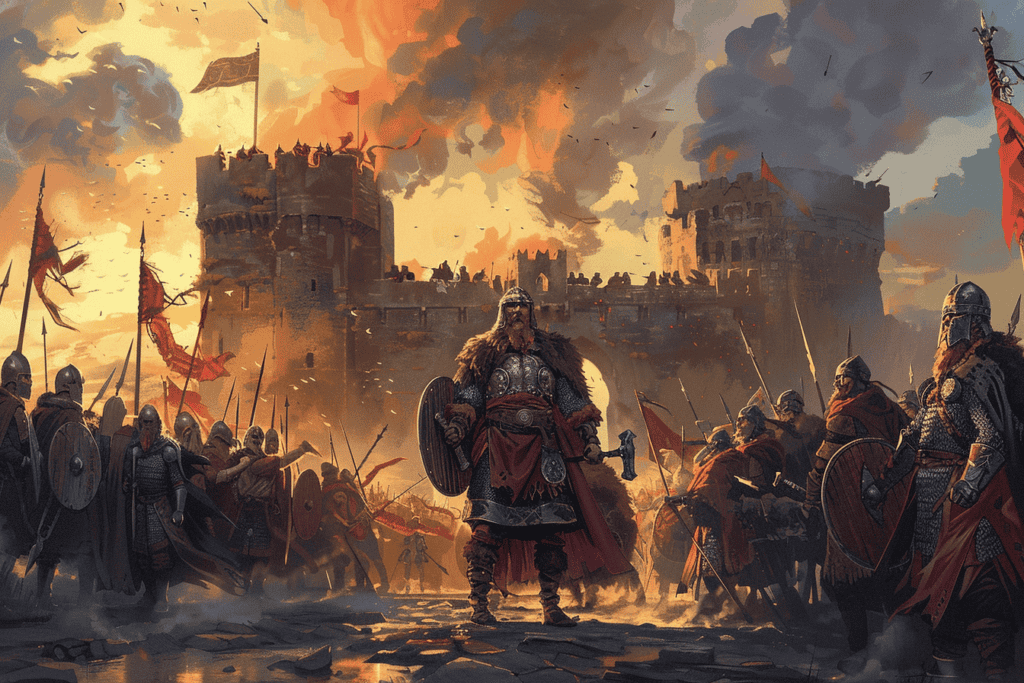
Viking longships sailed up England’s rivers, releasing Ubba’s warriors in a frenzy of battles and sieges that would ravage the countryside. Ubba’s Great Heathen Army, bolstered by his brother Ivar’s forces, conquered East Anglia, Northumbria, and Mercia, leaving destruction in their wake.
The Viking army besieged and captured key cities, including York, Nottingham, and London. Ubba’s military prowess and strategic thinking allowed him to outmaneuver his Anglo-Saxon foes, exploiting their internal divisions and securing pivotal victories.
One of the most significant battles during this period was the Battle of York, where Ubba’s forces defeated the Northumbrian army, resulting in the capture of the city. The Vikings also clashed with the Mercian king, Burgred, at the Battle of Nottingham, emerging victorious once again.
Ubba’s campaigns in England marked a significant turning point in the country’s history, as the Viking presence would eventually shape the island’s language, culture, and politics. Despite facing fierce resistance, Ubba’s military conquests paved the way for the Danelaw, a region of England under Viking control.
Ubba’s Legacy and Impact
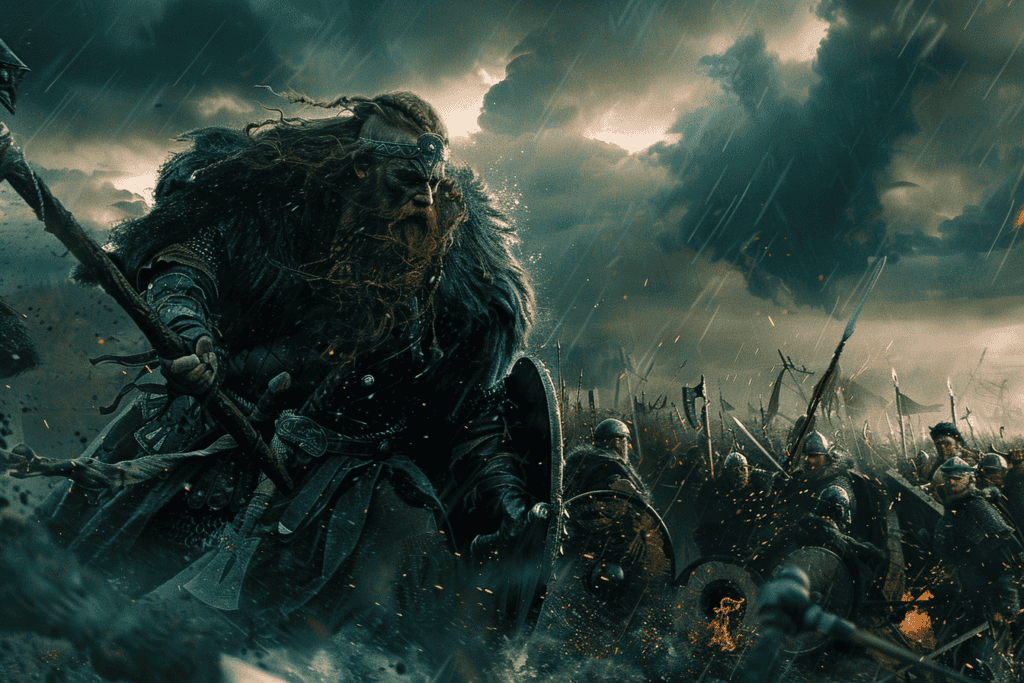
Ravaging the countryside and forging a lasting legacy, Ubba’s military campaigns left an indelible mark on England’s history. His conquests and battles, though brutal and devastating, led to significant changes in the English landscape.
The Viking commander’s influence can be seen in the linguistic and cultural heritage of the regions he conquered. The Danelaw, a territory under Viking control, was established during his reign, and its impact on the English language and culture is still evident today.
The Vikings’ presence also led to the formation of new towns and cities, which would eventually become major centers of commerce and trade. Moreover, Ubba’s military campaigns forced the English kingdoms to reorganize and strengthen their defenses, ultimately leading to the unification of England under a single ruler.
Ubba’s legacy extends beyond the battlefield, as his actions shaped the course of English history and culture. His impact on the development of England is undeniable, and his name remains etched in the annals of history as a formidable Viking commander.
The Enigmatic Commander’s Disappearance
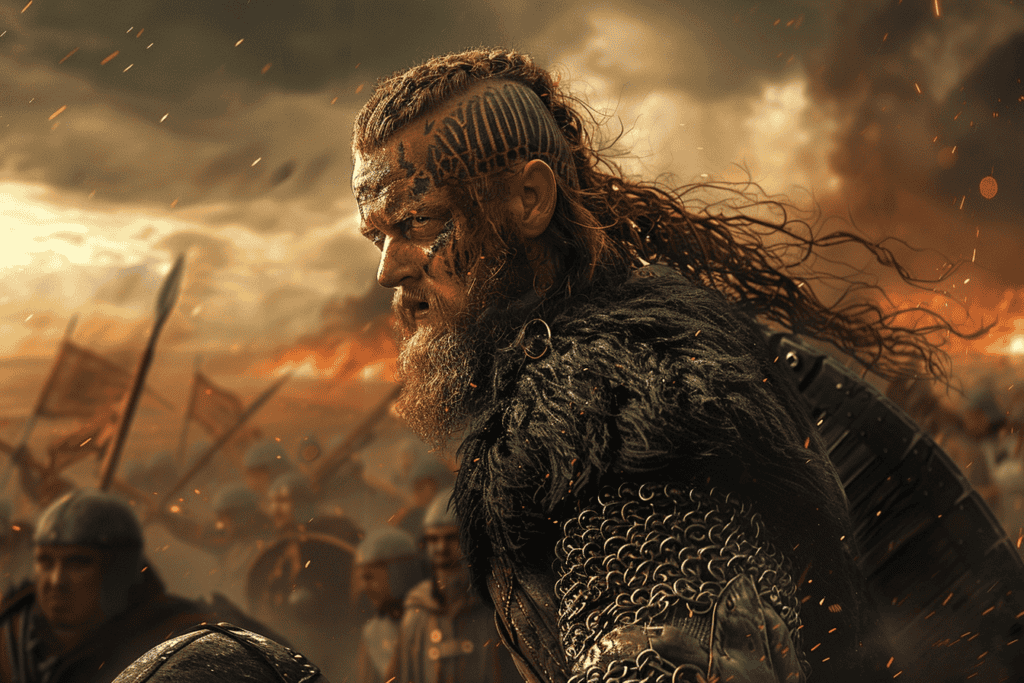
As the Viking commander‘s military campaigns subsided, whispers of his mysterious disappearance began to circulate. The exact circumstances surrounding Ubba’s vanishing remain shrouded in mystery, leaving historians to piece together fragmented accounts from the Anglo-Saxon Chronicle and other medieval sources.
According to the Chronicle, Ubba was killed in 878, possibly during a battle against King Alfred’s forces at Countisbury Hill in Devon. However, other accounts suggest that he may have retreated to the Continent, where he supposedly died in 883. The uncertainty surrounding Ubba’s fate has led to speculation about the circumstances of his death, including theories of betrayal or capture by his enemies.
Despite the lack of concrete evidence, one thing is clear: Ubba’s disappearance marked the end of an era, as the Great Heathen Army began to disband and Viking influence in England began to wane. The enigmatic commander’s legacy would continue to shape the course of English history, but the mystery of his disappearance remains an enduring puzzle.

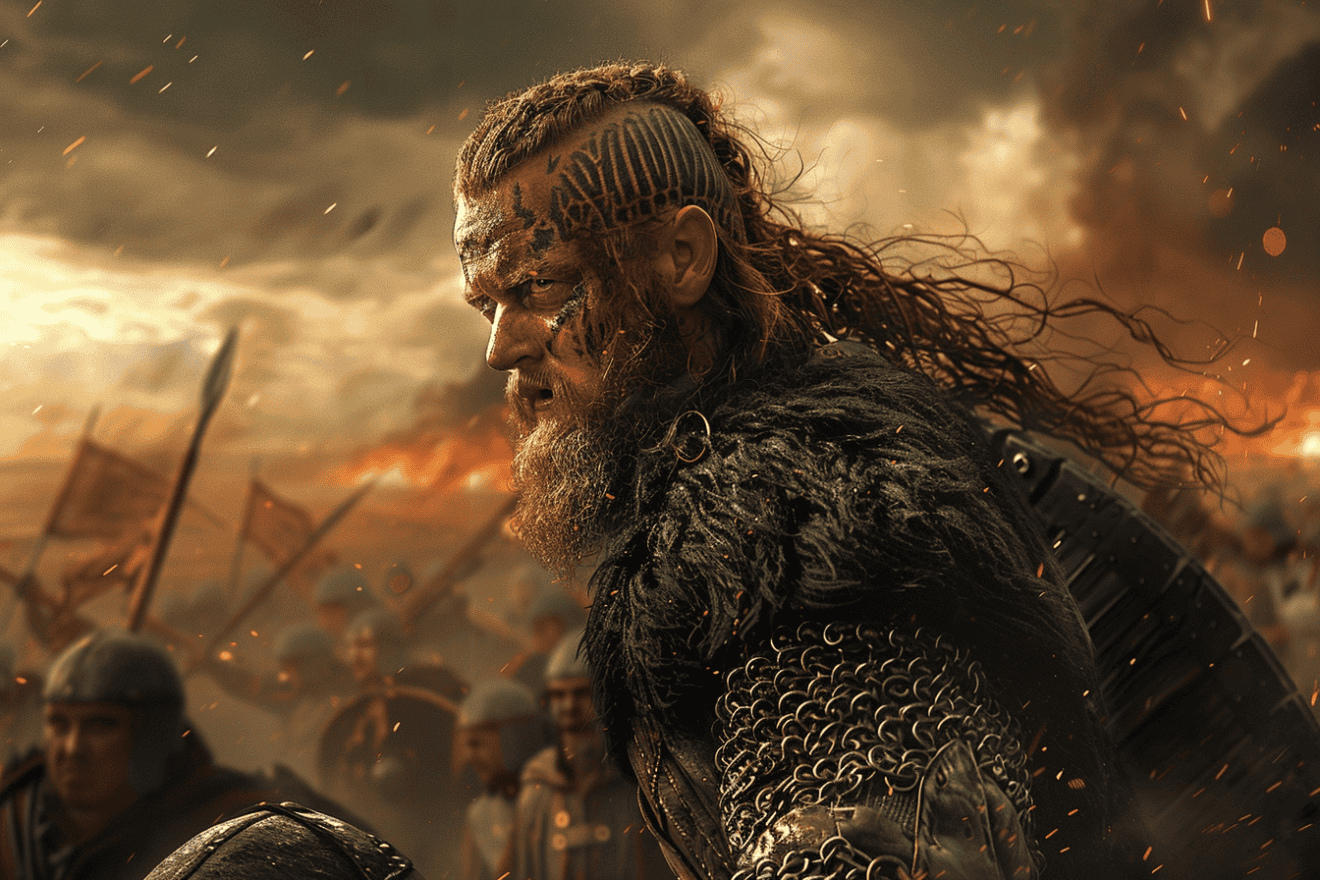


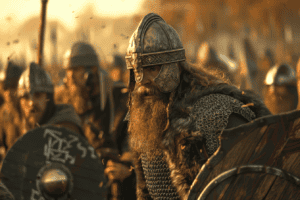





Add Comment